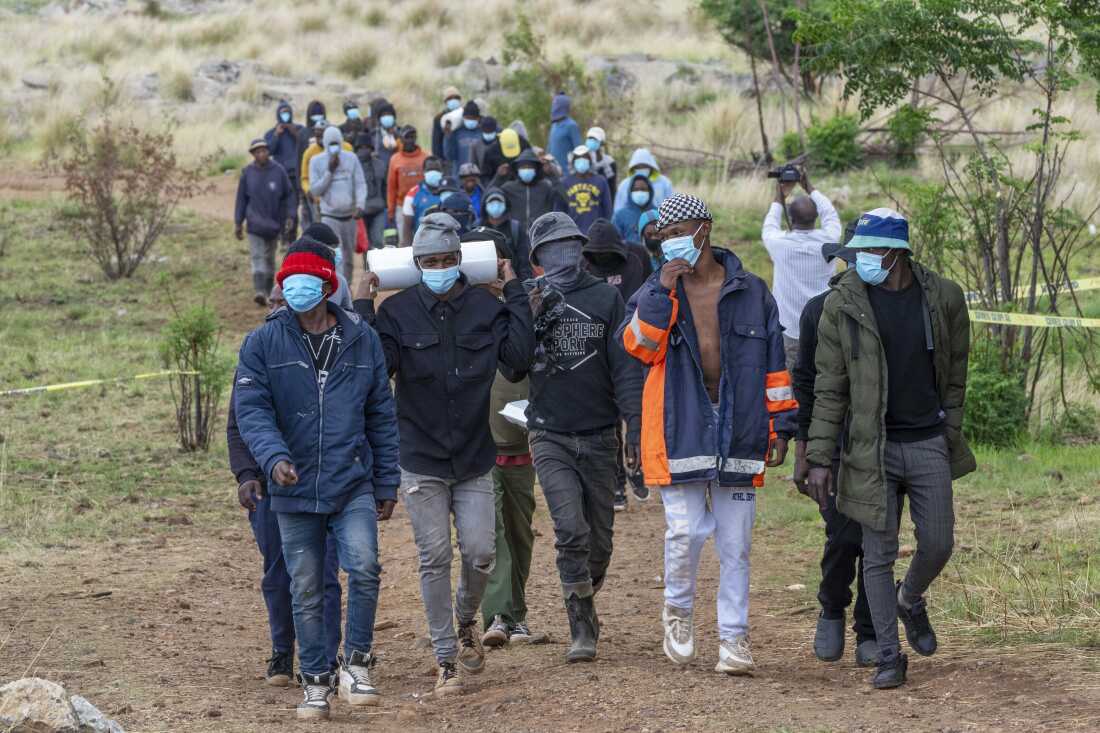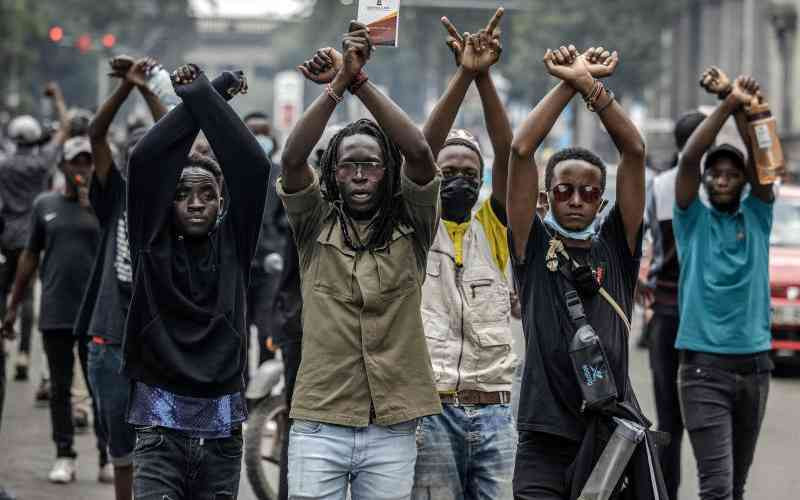In a move that has sparked controversy, the Kano State Hisbah Board Department of Public Enlightenment has arrested at least 11 Muslims caught eating during the Ramadan fast.
Confirming the arrests, Hisbah spokesman Lawal Fagge revealed that among those apprehended were 10 men and one woman, with the latter caught eating from her wares while selling groundnuts.
According to Fagge, the arrests took place across the city, particularly in areas close to markets where heightened activities were observed. He clarified that non-Muslims were exempt from such arrests, except in cases where they were found to be cooking food for sale to fasting Muslims.
While speaking on the fate of the arrested individuals, Fagge disclosed that they were released after swearing an oath to abstain from intentionally missing any more fasts. Additionally, some were required to have their relatives or guardians monitor their fasting compliance.
The crackdown on Muslims eating during Ramadan comes as the holy month began following the announcement by the Sultan of Sokoto. Muslims worldwide are expected to observe fasting from dawn to dusk, refraining from eating, drinking, smoking, and engaging in other activities prohibited by the Holy Quran.
- Japa:ESUT VC bemoans shortage of medical personnel
- Gumi Offers to Mediate Dialogue Between FG, Bandits
- UK Govt bans foreign health workers, caregivers from bring their families
- FG Suspends Expatriate Employment Levy
The Hisbah Board’s actions have drawn criticism, with concerns raised over the infringement on personal freedoms and the right to practice religion. Director-General of the Board, Abba Sai’Idu, had previously warned non-Muslim residents against eating in public during Ramadan, emphasizing the need to respect Islamic customs and prevent actions that could tempt fasting Muslims.
As the enforcement team intensifies patrols to uphold Islamic culture during Ramadan, debates surrounding the boundaries between religious observance and individual liberties continue to unfold. The incident underscores the complex dynamics at play in a diverse society like Nigeria, where religious sensitivities intersect with questions of personal autonomy and religious freedom.




